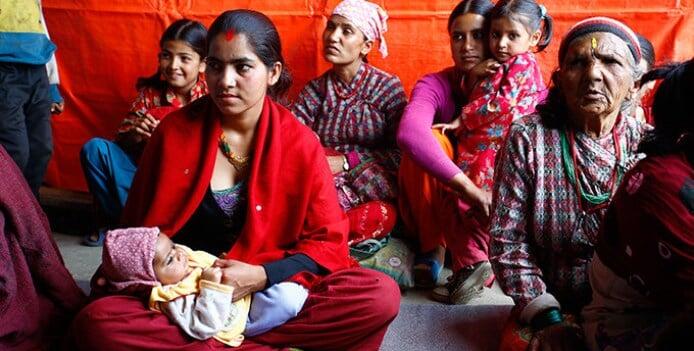SuperTyphoon Haiyan (Yolanda) in the Philippines. A devastating earthquake and flooding in Pakistan. Cyclone Pam in Vanuatu. The April 2015 earthquake in Nepal. Four of the worst humanitarian crises in recent times in Asia and the Pacific, the world's most disasterprone region.
Humanitarian crises - triggered by natural disasters or conflict - always affect women and girls the most. At times of upheaval, pregnancyrelated deaths and sexual violence increase. Reproductive health services including safe deliveries are often unavailable. Young people are vulnerable to sexual exploitation. Women lose access to family planning services, exposing them to unwanted pregnancy in perilous conditions.
On this World Population Day, UNFPA puts the spotlight on vulnerable populations in emergencies, focusing on our work in responding to the rights and needs of women and girls in emergecy settings, helping them maintain their dignity, securing their safety, and restoring their access to sexual and reproductive health care.
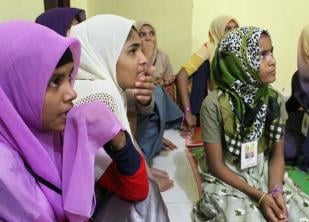
|
INDONESIA: Amid the crisis of refugees at sea in Southeast Asia, UNFPA is providing essential reproductive health care services and helping to ensure the protection needs of ethnic Rohingya Muslims and Bangladeshi women and girls. The migrants arrived on the northeastern coast of Aceh, Indonesia, after a failed attempt to reach Malaysia or Australia. |
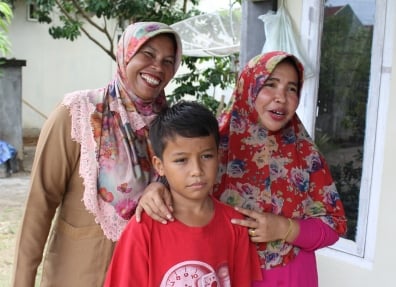
|
From tsunami survivor to heroic midwife INDONESIA: The morning of 26 December, 2004, started out like any other Sunday for Nur Asiah. The midwife and mother of two was up early washing clothes outside her house in a coastal village in the district of Aceh Jaya. But her weekend routine was |
|
|
As monsoon looms, UNFPA and partners scale up NEPAL: After the devastating earthquake that shook Nepal in April 2015, UNFPAsupported mobile reproductive health camps are a lifeline that ensures they receive lifesaving support. And with the monsoon season already under way, reaching women and girls in remote affected areas is more urgent than ever. |
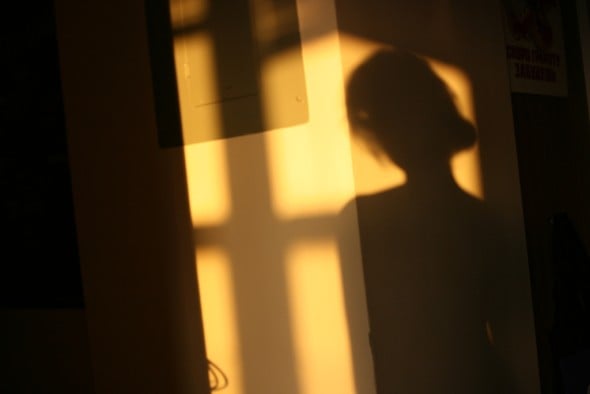
|
Offering protection and support to survivors of genderbased violence NEPAL: After losing her house to the devastating earthquake that hit Nepal, Sanu, 20, was lured away from her hometown by promises of a new life. Instead, she says her would be husband raped her and escaped. She has found refuge in a UNFPA-supported safe house. |
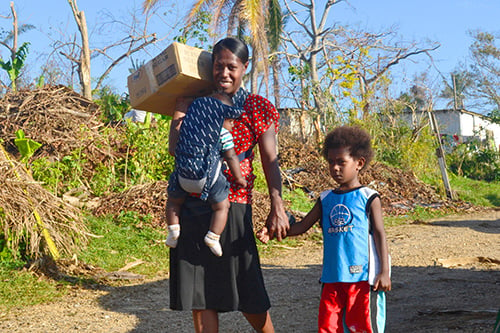
|
Meeting reproductive health needs in the wake of PACIFIC: In its initial response to Cyclone Pam, one of the worst natural disasters in Vanuatu’s history, UNFPA worked with local Government and partners to provide maternal health and adolescent reproductive health services, as well as interventions to help prevent genderbased |
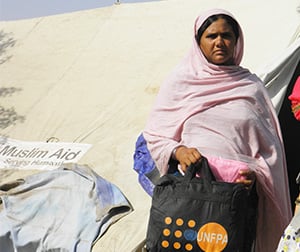
|
UNFPA supports pregnant women affected by floods in Pakistan PAKISTAN: When torrential rains flooded Asma Bibi’s village in September 2014, the pregnant 18 yearold was fortunate enough to reach a rural health centre in a neighbouring district, where she received basic care and health supplies. But not all expectant mothers were able to make it to higher ground. Flooding in Pakistan’s Punjab province severely disrupted access to health centres across the region and many displaced people, including pregnant women, were unable to reach clinics to receive the care they need. UNFPA and partners stepped in to |
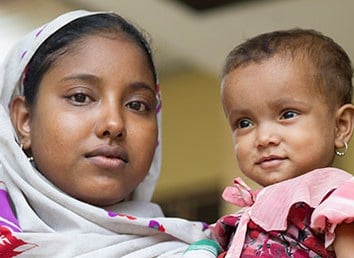
|
Mobile teams resume reproductive health care in MYANMAR: In June 2014, UNFPA resumed mobile health services after humanitarian operations were suspended following attacks on UN and international NGO premises in Sittwe. Humanitarian workers were evacuated after the attacks. |

